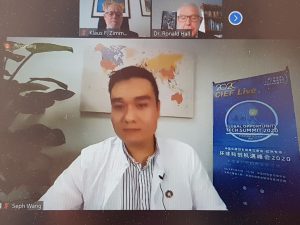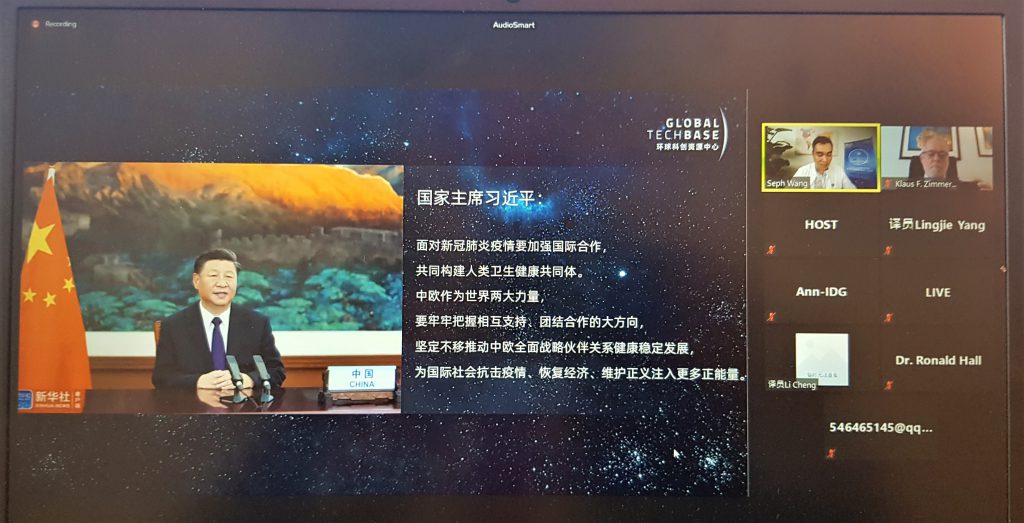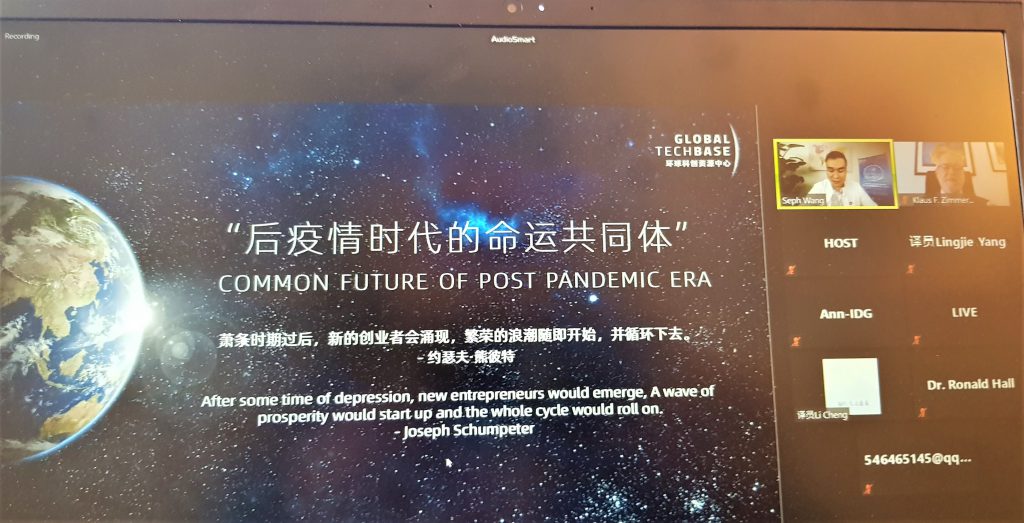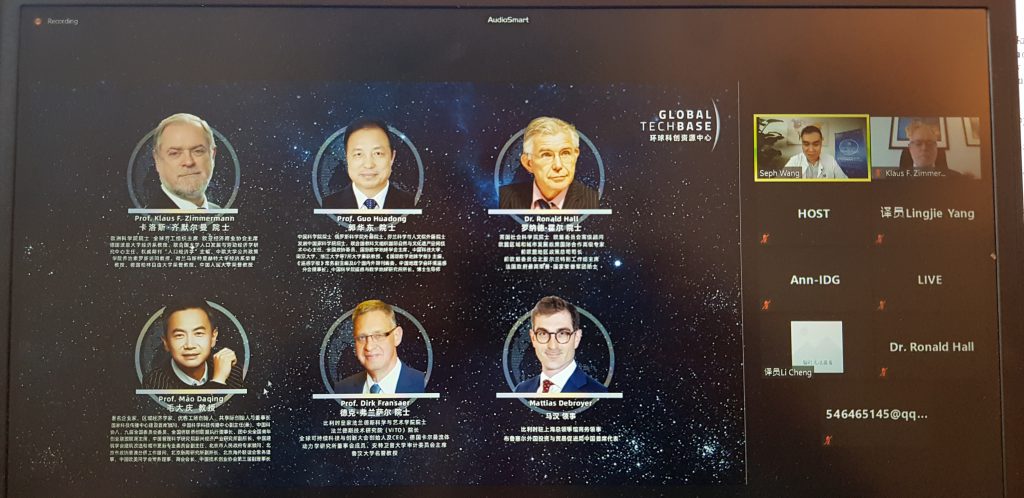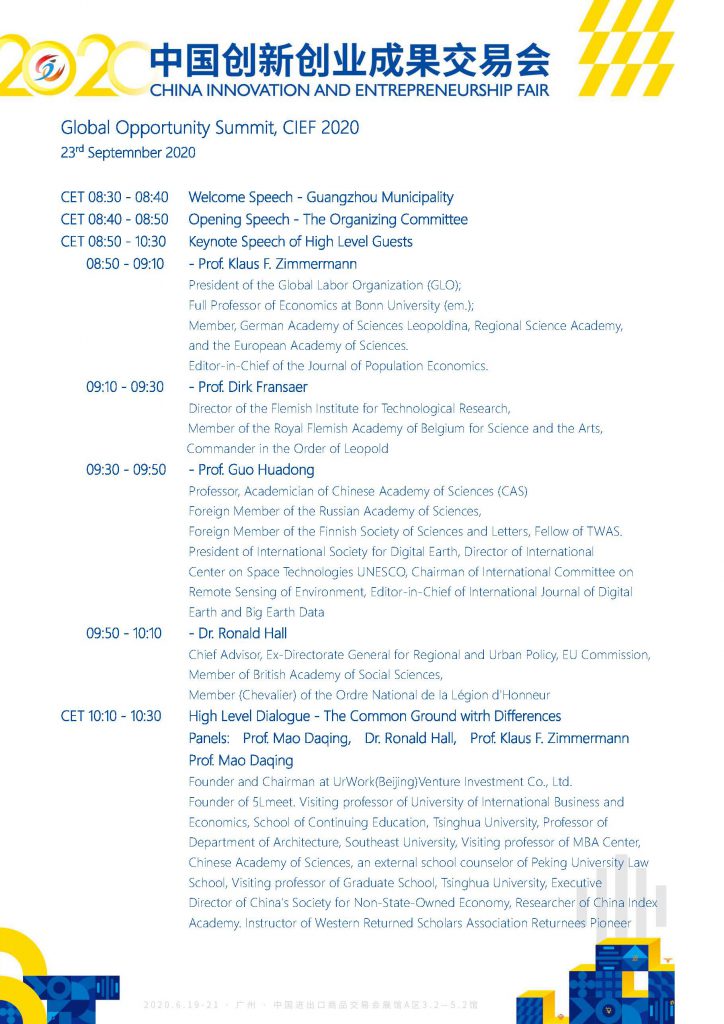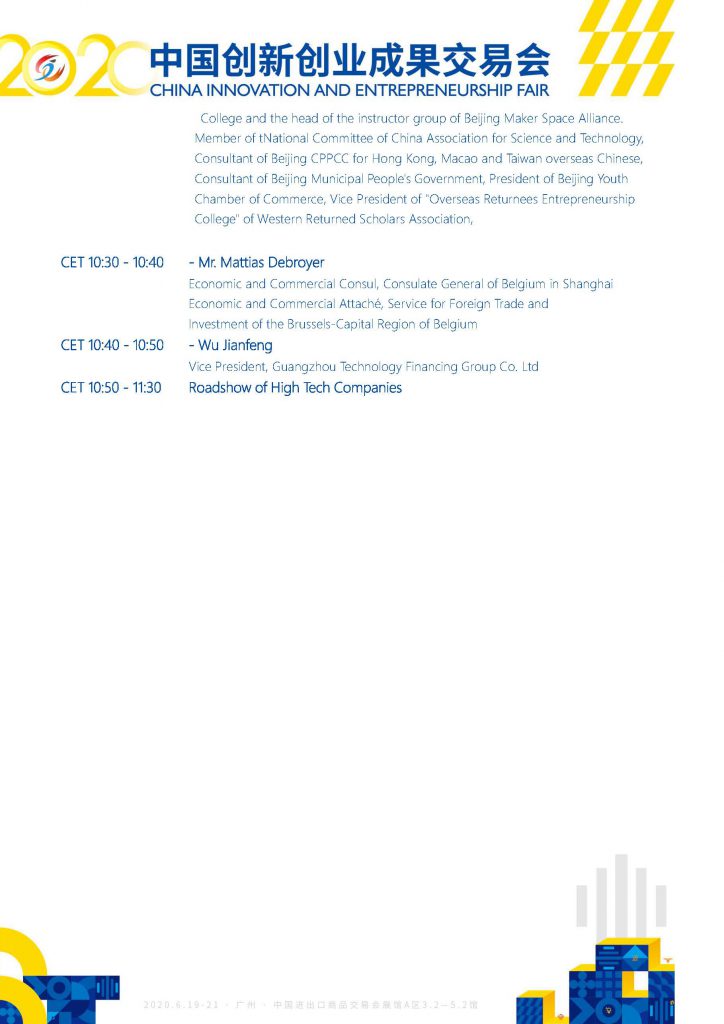A new GLO Discussion Paper finds for Sweden a positive, yet heterogeneous, effect of trade on immigrant employment but no effect on immigrant wages.
The Global Labor Organization (GLO) is an independent, non-partisan and non-governmental organization that functions as an international network and virtual platform to stimulate global research, debate and collaboration.

GLO Discussion Paper No. 659, 2020
International Trade and Labor Market Integration of Immigrants – Download PDF
by Lodefalk, Magnus & Sjöholm, Fredrik & Tang, Aili
GLO Fellow Magnus Lodefalk
Author Abstract: We examine if international trade improves labor market integration of immigrants in Sweden. Immigrants participate substantially less than natives in the labor market. However, trading with a foreign country is expected to increase the demand for immigrants from that country. By hiring immigrants, a firm may access foreign knowledge and networks needed to overcome information frictions in trade. Using granular longitudinal matched employer–employee data and an instrumental variable approach, we estimate the causal effects of a firm’s bilateral trade on employment and wages of immigrants from that country. We find a positive, yet heterogeneous, effect of trade on immigrant employment but no effect on immigrant wages.

GLO Discussion Papers are research and policy papers of the GLO Network which are widely circulated to encourage discussion. Provided in cooperation with EconStor, a service of the ZBW – Leibniz Information Centre for Economics, GLO Discussion Papers are among others listed in RePEc (see IDEAS, EconPapers). Complete list of all GLO DPs – downloadable for free.
Ends;




